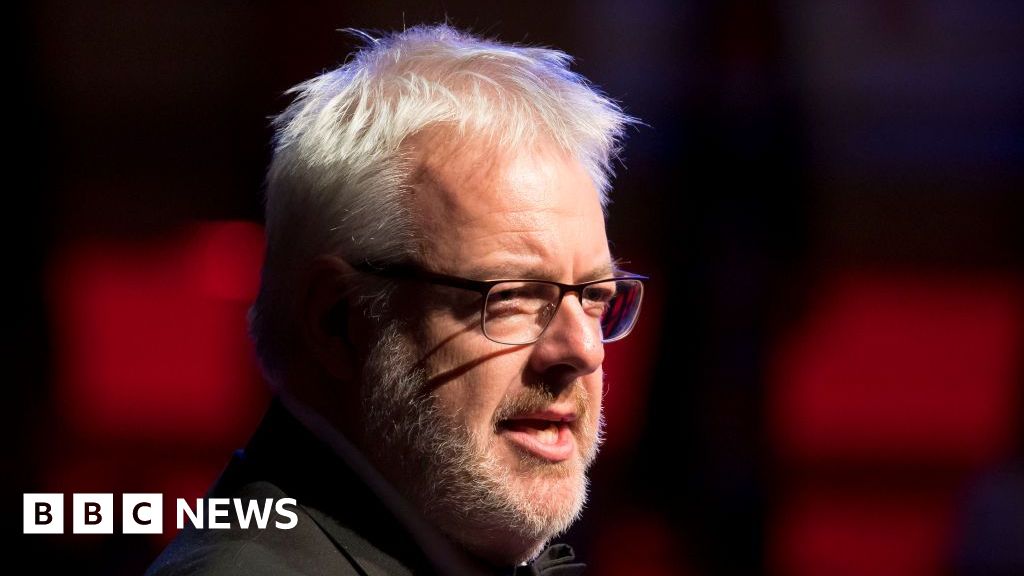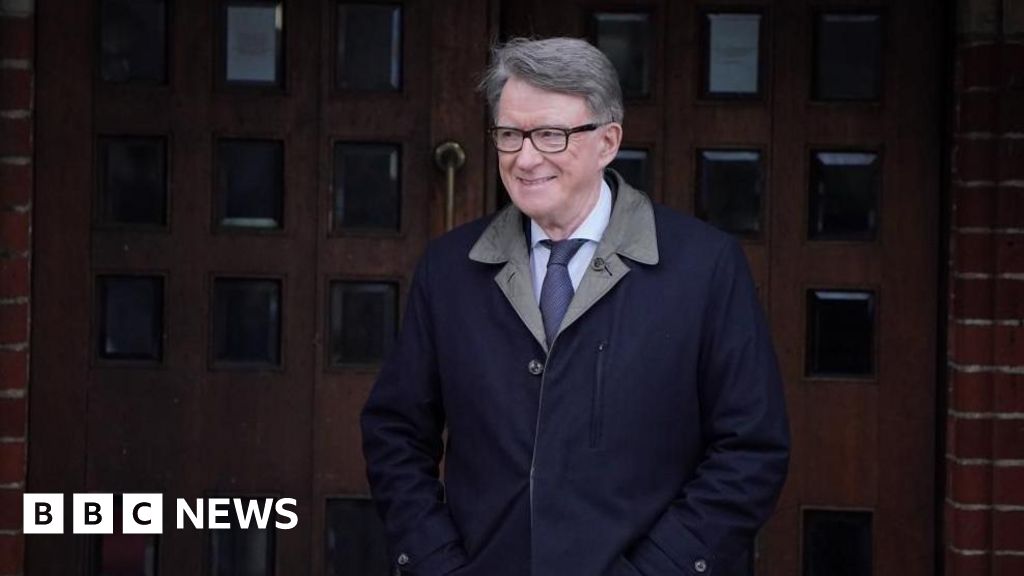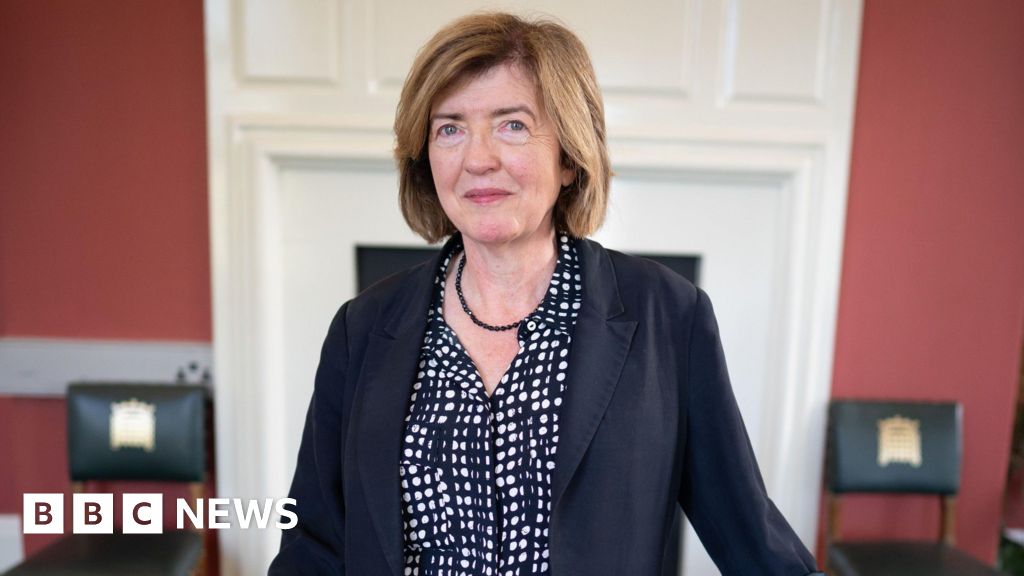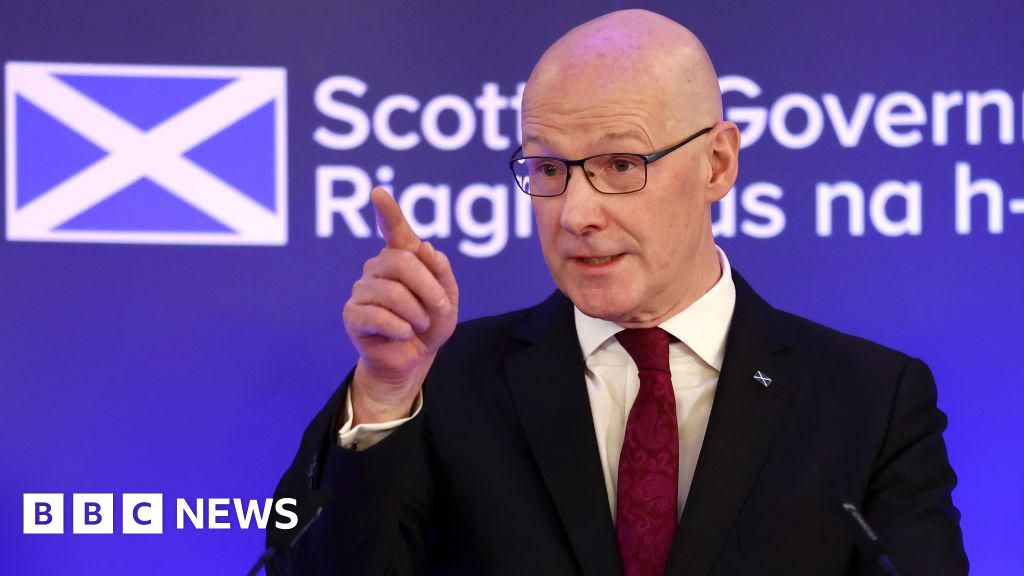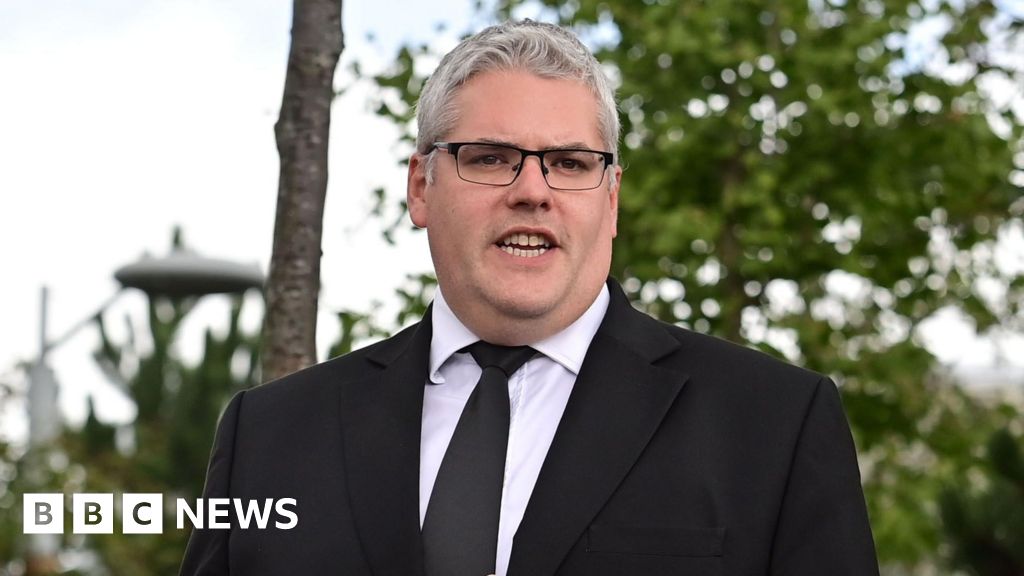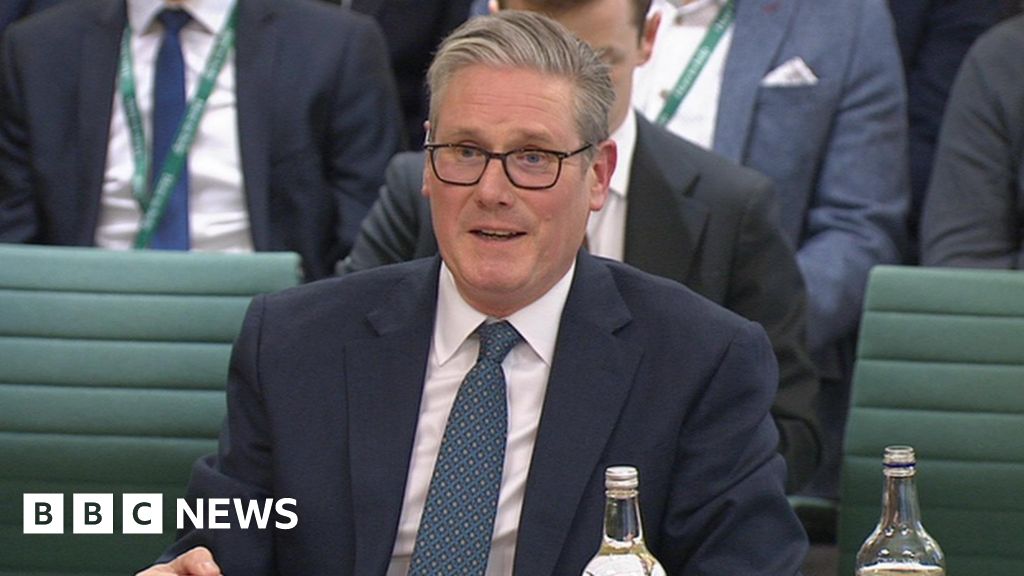We have to recalibrate what jeopardy looks like at Westminster.
Over the last few years I have reported on countless votes in the Commons where the outcome might imperil not just the policy under discussion, but the very future of the government of the time.
The row about the winter fuel payment - as passionate as the views of many are on it - was never going to do either of those things.
That is the direct consequence of a landslide majority, which can become a giant numerical sponge, soaking up a breadth of grumbles if it needs to.
And that majority offers a government the opportunity, if it wants to take it, to do things predecessors with a smaller majority couldn’t.
The coming months and years will reveal what Labour chooses to do with its numerical heft.
Westminster is a perpetually noisy place and so it should be - a crucible of argument and disagreement.
But it is my job to interpret those decibels - not all noise is equal - so what should we read into the fact that around 50 Labour MPs found better things to do with their time than turn up in the voting lobbies and back their party on the winter fuel payment vote?
Labour folk afterwards were very quick to point out that 50-ish absentees on their side was broadly typical in votes since the election. In other words, went the claim, nothing to see here.
They let it be known that just 12 of the 50-something had had what was described as an "unauthorised absence".
You see that is the twist with votes where lots of people don’t vote - why didn’t they vote? There can be many reasons - being on government or parliamentary business elsewhere, attending a hospital appointment or whatever.
The vast majority of those who didn’t vote, Labour claimed, had, as they saw it, a legitimate reason not to, rather than defying the government.
But my colleague Harry Farley has been doing some cross-checking.
He has found at least 21 Labour MPs who had previously publicly opposed the policy and who did not vote for it.
Rather more than 12.
It is, though, possible that some of them remained opposed but still had what was deemed a reasonable reason for not voting.
To state the obvious, the big picture is all this is trifling and academic because the government won by a million miles, with a majority of 120.
And only one Labour MP actually explicitly voted against the government, as opposed to abstaining.
But Labour’s energetic briefing that an outwardly biggish number, 50, wasn’t that big and anyway was really considerably smaller illustrates another truth here.
Loads of Labour MPs found this deeply, deeply uncomfortable and the prime minister and the chancellor know that.
Lots of Labour MPs found the criticism uncomfortable, taking money away from people of modest means uncomfortable, the idea the policy was sprung out of nowhere uncomfortable.
A union leader I was talking to expressed bafflement at how the government had handled it, letting it continue to generate headlines all summer long.
The government argue that announcing it early has allowed some pensioners to apply for pension credit and so still receive the winter fuel payment if their application is accepted.
A minister told me they had resorted to reassuring critics that they should judge the government’s actions in the round at Christmas time - in other words after the Budget where it looks like there will be plenty of measures focused on taxing richer people more, perhaps via capital gains tax, inheritance tax and pension allowances.
The extent to which that is in any way reassuring or helpful to someone who has lost their winter fuel payment seems a reasonable question here.
In short, we are left with two lessons from all this. A government with a whopping majority can win and win big even when an idea is controversial.
And secondly, from Sir Keir Starmer’s point of view, that is probably a good job, because he keeps saying he has plenty more tough decisions to come.

 3 months ago
23
3 months ago
23
